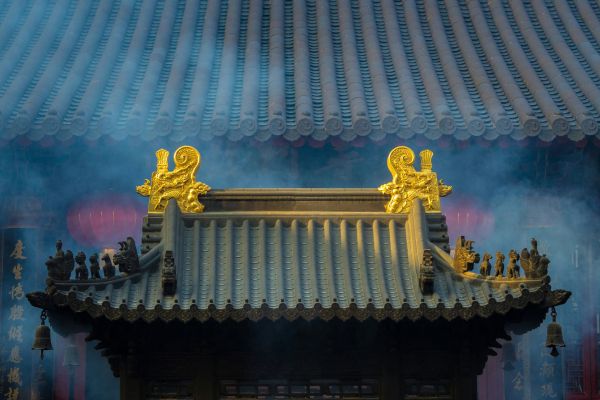
In March 2024, a foreign financial corporation (hereinafter “the claimant”) filed a claim for arbitration at the Hong Kong International Arbitration Center (HKIAC), regarding a share repurchase dispute with a Beijing-based technology company and relevant natural persons (hereinafter collectively “the respondents”). In the meantime, the claimant sought interim measures from the Beijing Fourth Intermediate People’s Court (hereinafter “the Court”). The Court approved the interim measures to seize, detain, or freeze the respondents’ assets worth over CNY 400 million within 24 hours of the filing of the lawsuit.
After receiving the materials passed on by HKIAC, the Court reviewed the case and communicated respectively with the claimant and the guarantor of the interim measures. Upon examination of the materials and being satisfied that the application for interim measures complied with the relevant provisions of the PRC Civil Procedure Law and the “Arrangement Concerning Mutual Assistance in Court-ordered Interim Measures in Aid of Arbitral Proceedings by the Courts of the Mainland and of the Hong Kong Special Administrative Region” (最高人民法院关于内地与香港特别行政区法院就仲裁程序相互协助保全的安排), the Court granted the interim measures sought by the claimant.
It took the Court only 24 hours from the filing of the case to the granting of the interim measures. On the date of the ruling, the Court transferred the case to the law enforcement department for implementation of the interim measures and promptly informed the HKIAC of the progress.
Since 1 Jan. 2024, the Court has had exclusive jurisdiction in Beijing over foreign-related cases involving interim measures in arbitral proceedings and enforcement of arbitral awards. As of March 2024, 10 cases involving interim measures passed on by arbitration institutions—the Beijing Arbitration Commission (BAC), the China International Economic and Trade Arbitration Commission (CIETAC), the Shenzhen International Arbitration Court (SIAC), and HKIAC—had been reviewed by the Court.
Photo by Yux Xiang on Unsplash
Contributors: CJO Staff Contributors Team








